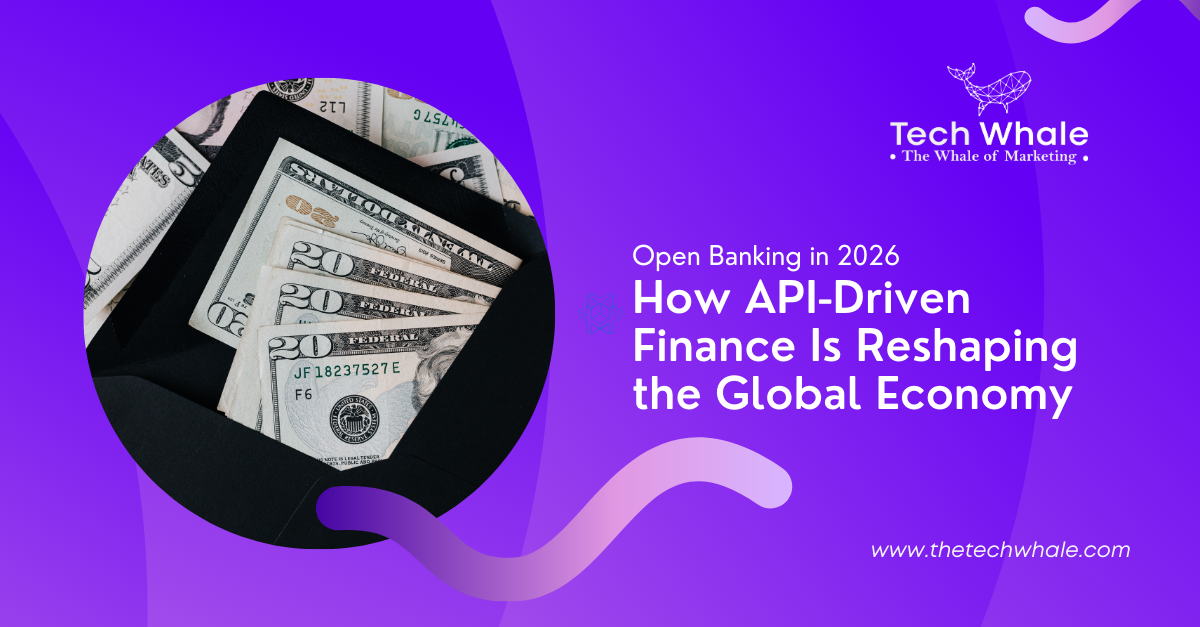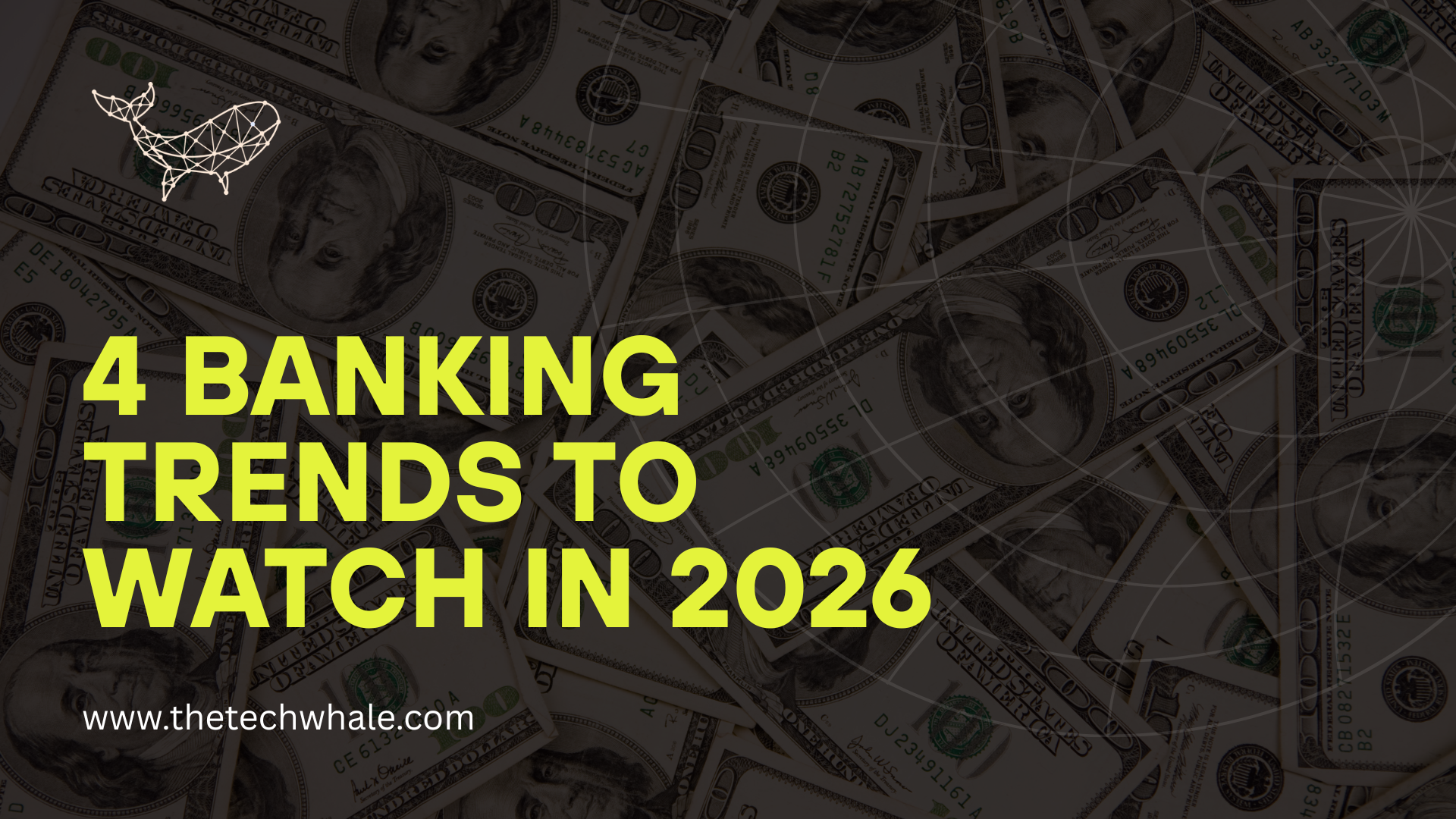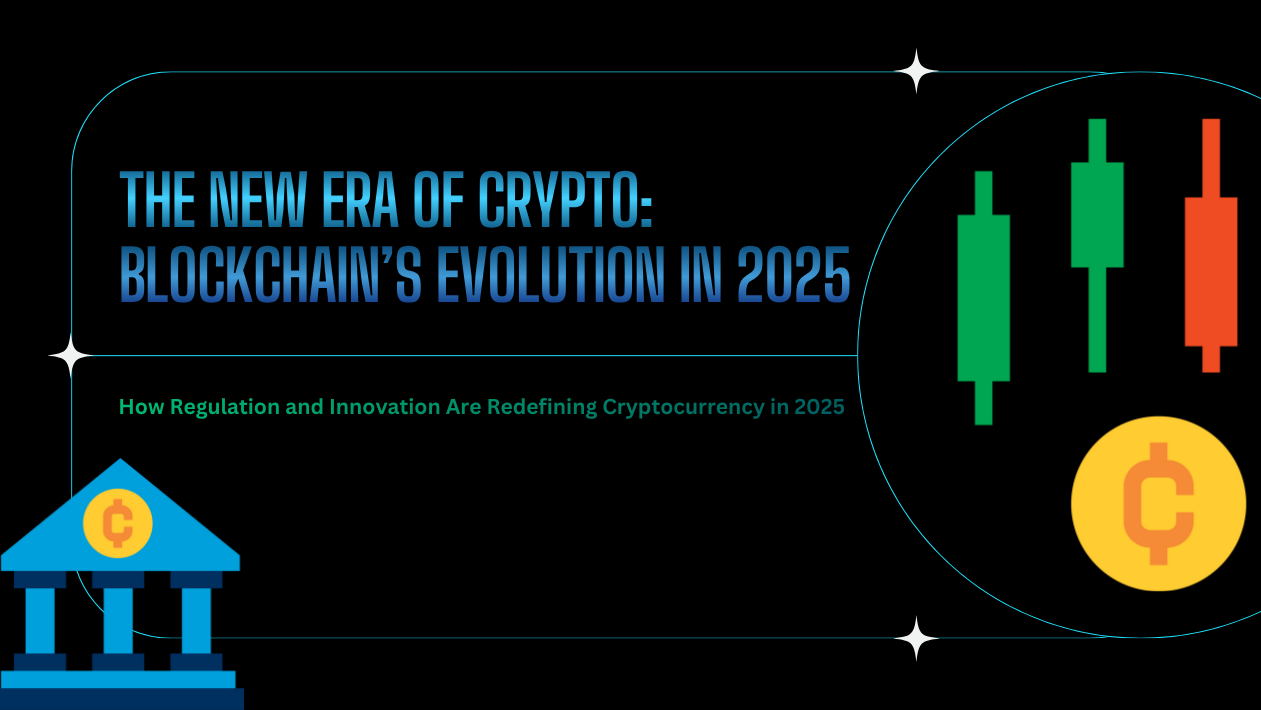Blockchain’s Role in Protecting Sensitive Financial Data
Financial institutions are custodians of highly sensitive data, from account balances to personal identification details. Blockchain’s cryptographic features ensure that this data remains private and secure. By using encryption techniques such as hashing, the data on a blockchain is almost impossible to tamper with, providing businesses with a trustworthy and immutable ledger.
For “The Tech Whale,” leveraging blockchain can help fintech companies minimize the risk of data breaches, which have been a growing concern in the digital finance space. The distributed nature of blockchain means that a breach would require compromising numerous nodes, making it exponentially harder for hackers to alter or steal data.
Smart Contracts: Reducing Fraud Risks
Fraudulent activities in fintech have been a longstanding challenge. One of the primary ways blockchain addresses this issue is through smart contracts. These are self-executing contracts with the agreement terms directly written into lines of code. Once the predefined conditions are met, the contract automatically executes, reducing the reliance on intermediaries and minimizing the risk of fraud.
For businesses operating in sectors like lending or asset management, implementing blockchain and smart contracts ensures that financial agreements are transparent, auditable, and executed as per the agreed terms, leaving little room for manipulation or error.
Tokenization and Data Privacy
Tokenization is the process of converting sensitive data into unique cryptographic tokens. These tokens have no direct link to the original sensitive data, making them useless to hackers if they’re intercepted. Blockchain’s role in enabling secure tokenization solutions can significantly enhance privacy in sectors such as insurance, banking, and payments.
In the case of “The Tech Whale,” tokenizing sensitive customer data can ensure compliance with global privacy regulations like GDPR while simultaneously offering a more secure way to handle customer data in decentralized financial systems.
Blockchain for Identity Management
In fintech, verifying the identity of users is critical for both security and compliance purposes. Blockchain-based identity management systems enable individuals to control their personal data while ensuring that it is securely and accurately verified.
For “The Tech Whale,” building identity solutions on the blockchain could provide businesses with a more reliable and secure way to verify clients and partners without relying on third-party verification services.
The Potential of Zero-Knowledge Proofs (ZKPs)
Zero-Knowledge Proofs (ZKPs) are cryptographic methods that allow one party to prove to another party that they know a piece of information without revealing the information itself. In fintech, ZKPs can be used to prove creditworthiness, verify identity, or complete financial transactions without disclosing sensitive personal data.
For B2B companies in the financial sector, this technology offers a promising future for ensuring privacy while maintaining the integrity of transactions.
Conclusion: Blockchain – The Next Frontier in Data Security for Fintech Blockchain is not just a tool for managing financial transactions; it’s also a critical technology for ensuring data security in fintech. The adoption of blockchain will continue to shape the industry by providing more secure, transparent, and private solutions for businesses and customers alike. As a B2B company, “The Tech Whale” can lead the charge in offering businesses innovative ways to leverage blockchain for improved data protection.





